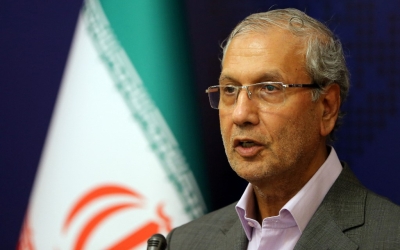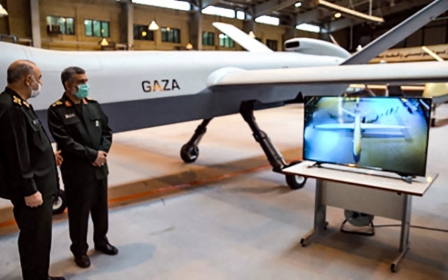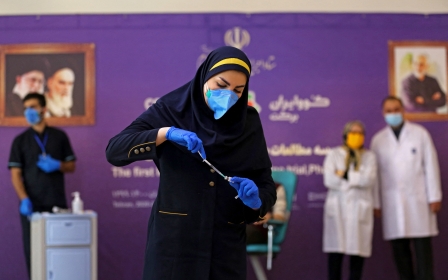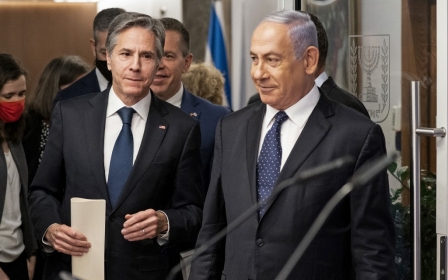Iranian press review: Reformist election candidate warned not to cross red lines
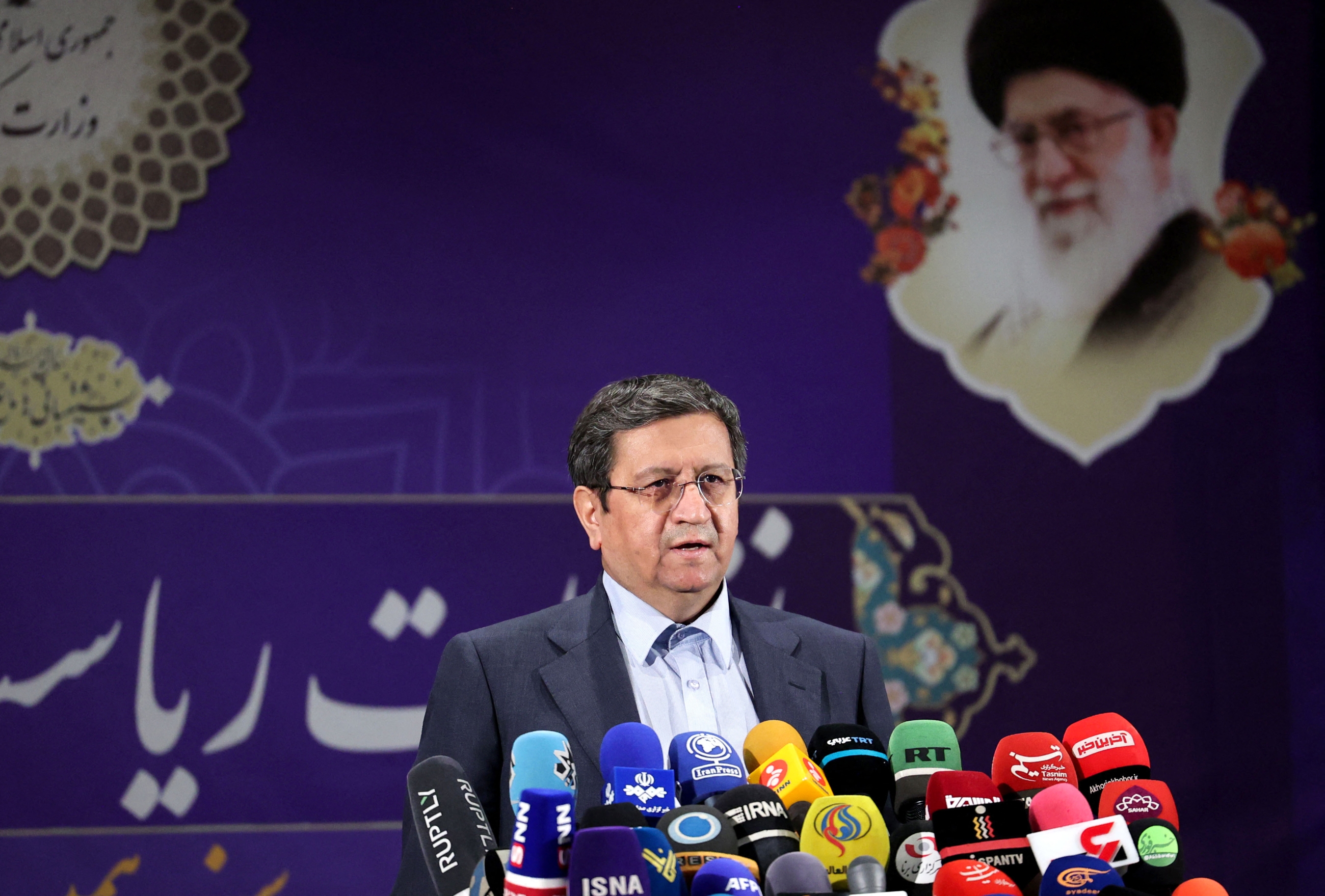
Guardian Council warns presidential candidate
Iran's Guardian Council, the constitutional body responsible for vetting candidates for elections, has warned the only candidate close to the reformist camp in June's presidential poll that he will be disqualified if he crosses any red lines during the campaign.
"During the candidates' campaigns, if a candidate who had the qualifications loses the requirements to be elected president, the Guardian Council can reassess his candidacy," Ahmad Khatami, a council member and hardline cleric, was quoted as saying by Iranian news websites on Tuesday.
Khatami's remarks came after Abdolnaser Hemmati, a candidate who leans towards the reformists, criticised the country's mandatory hijab law for women during an interview broadcast on state TV.
Religious police can fine women for not wearing a "proper hijab", and sometimes cars are seized for a week or more if they are being driven by women who do not follow the strict rules.
New MEE newsletter: Jerusalem Dispatch
Sign up to get the latest insights and analysis on Israel-Palestine, alongside Turkey Unpacked and other MEE newsletters
During the interview, Hemmati asked the interviewer: "Why should we send an SMS to educated young women, telling them they had not followed hijab law and stress them?"
In another move to restrict Hemmati's electoral campaign, Iran's state TV (IRIB) - the country's only broadcaster - did not air the candidate's campaign broadcast. According to law, IRIB should provide equal time for all candidates to present their plans on the state-run TV channels.
Hemmati, who served in President Hassan Rouhani's government as a central bank governor, is known for his liberal economic doctrines and reformist tendencies. However, despite the disqualification of the reformists' leading candidates, the bloc has yet to announce its support for Hemmati.
Meanwhile, the pro-reformist Shargh daily wrote that the council's attack on Hemmati shows that hardliners are worried that in the absence of any other reformist candidates, Hemmati could become a formidable rival to Ebrahim Raisi, who enjoys their full support.
Ex-spy chief reveals Soleimani's role
Iran's former spy chief Heydar Moslehi has told Roozplus that during his time in the intelligence ministry the entire agency was under the control of the late Qassem Soleimani.
Soleimani, the former head of the Islamic Revolutionary Guards Corp's (IRGC) Quds Force, Iran's elite unit tasked with overseas operations, was killed in a US drone strike in Baghdad on 3 January 2020.
During the interview, Moslehi revealed new information about Soleimani's influence on both Iran's domestic and foreign policy.
"General [Soleimani] and I were friends, and when I became minister [of intelligence], we let the ministry be in the hands of Haj Qassem [Soleimani]," Moslehi told Roozplus.
According to Moslehi, his ministry and the Quds Force collaborated in capturing and executing the Sunni militant leader Abdolmalek Rigi in 2010.
Following a leaked audiotape in April, in which Iran's Foreign Minister Mohammad Javad Zarif talked about Soleimani's extra-constitutional influence over the country's foreign policy, this is the second official remark from an Iranian minister revealing Soleimani's power behind the scenes.
Moslehi served as intelligence minister during the second term of former president Mahmoud Ahmadinejad, when the IRGC and intelligence officers killed dozens of demonstrators during the 2009–2010 Green Movement uprising.
In the interview with Roozplus, Moslehi also revealed that Iran's intelligence ministers report sensitive security information to the country's Supreme Leader, along with IRGC commanders, but not to the president.
Although intelligence ministers are appointed by the president, the latter chooses the appointee from a list of people recommended to him by the Supreme Leader's office.
Illegal abortion statistics
More than 300,000 illegal and 9,000 legal abortions are performed annually in Iran, according to the country's health ministry.
However, independent health researchers believe the actual number of illegal abortions is far higher, standing at around 800,000.
According to the Shahrvand daily, only around 12,000 legal applications for abortions are registered with Iran's Legal Medicine Organization annually, from which about 9,000 receive permission.
The ISNA news agency reported that most unauthorised abortions occur in the private offices of midwives, general practitioners and fertility clinics.
It said that abortion at the offices of gynaecologists in Tehran costs around 40 million Iranian rials ($950), while abortions at home through pills cost around 6.5 million rials ($155).
Nafiseh Saghafi, a board member of the National Association of Iranian Gynecologists and Obstetricians, told ISNA that most abortions occur in Iran due to economic pressures on parents, or as a result of unplanned pregnancies.
Since 2003, abortion is only permitted where a mother's life is in danger, or where medical documents prove that the baby would suffer from mental problems, specifically from severe cases of Down's syndrome.
According to Iranian law, a deliberate abortion after the 19th week of pregnancy is considered murder and punishable by a fine and up to five years in prison.
* Iranian press review is a digest of reports that are not independently verified as accurate by Middle East Eye.
Middle East Eye delivers independent and unrivalled coverage and analysis of the Middle East, North Africa and beyond. To learn more about republishing this content and the associated fees, please fill out this form. More about MEE can be found here.


